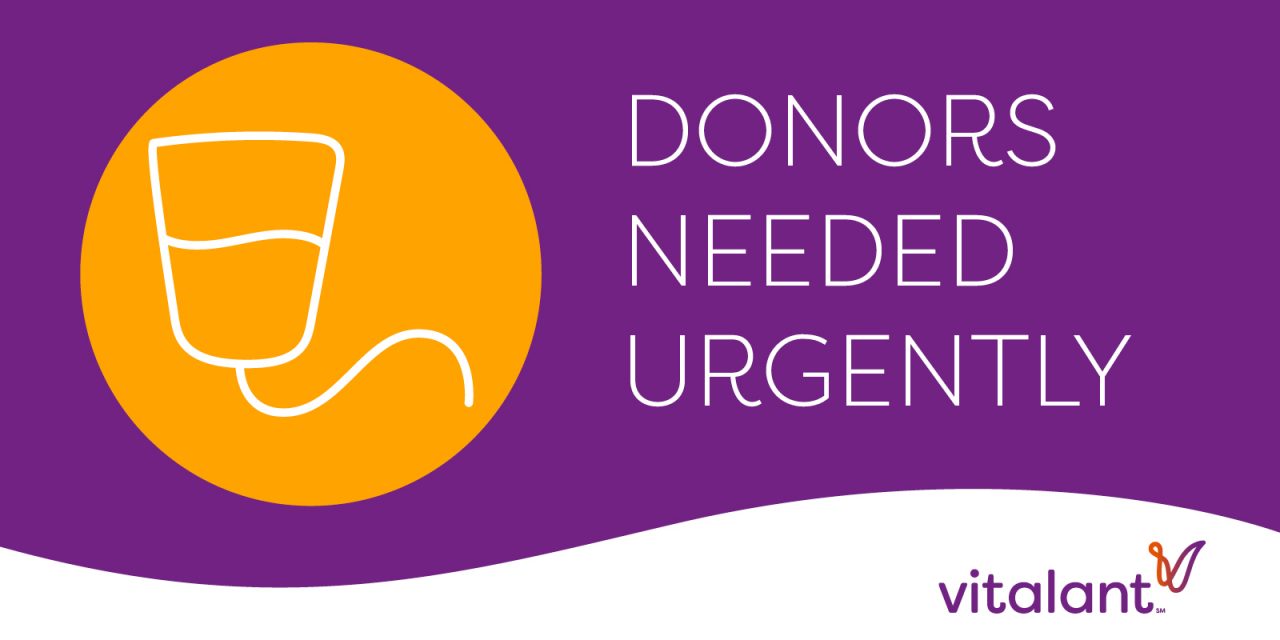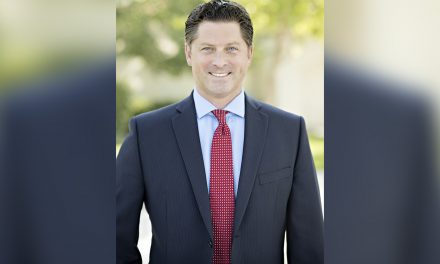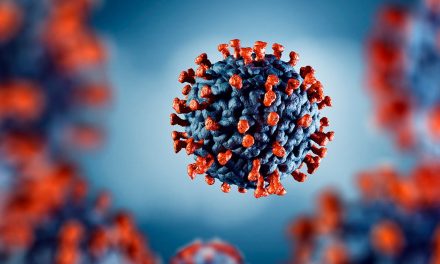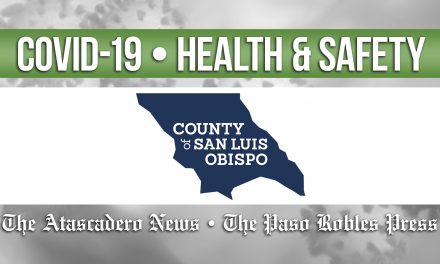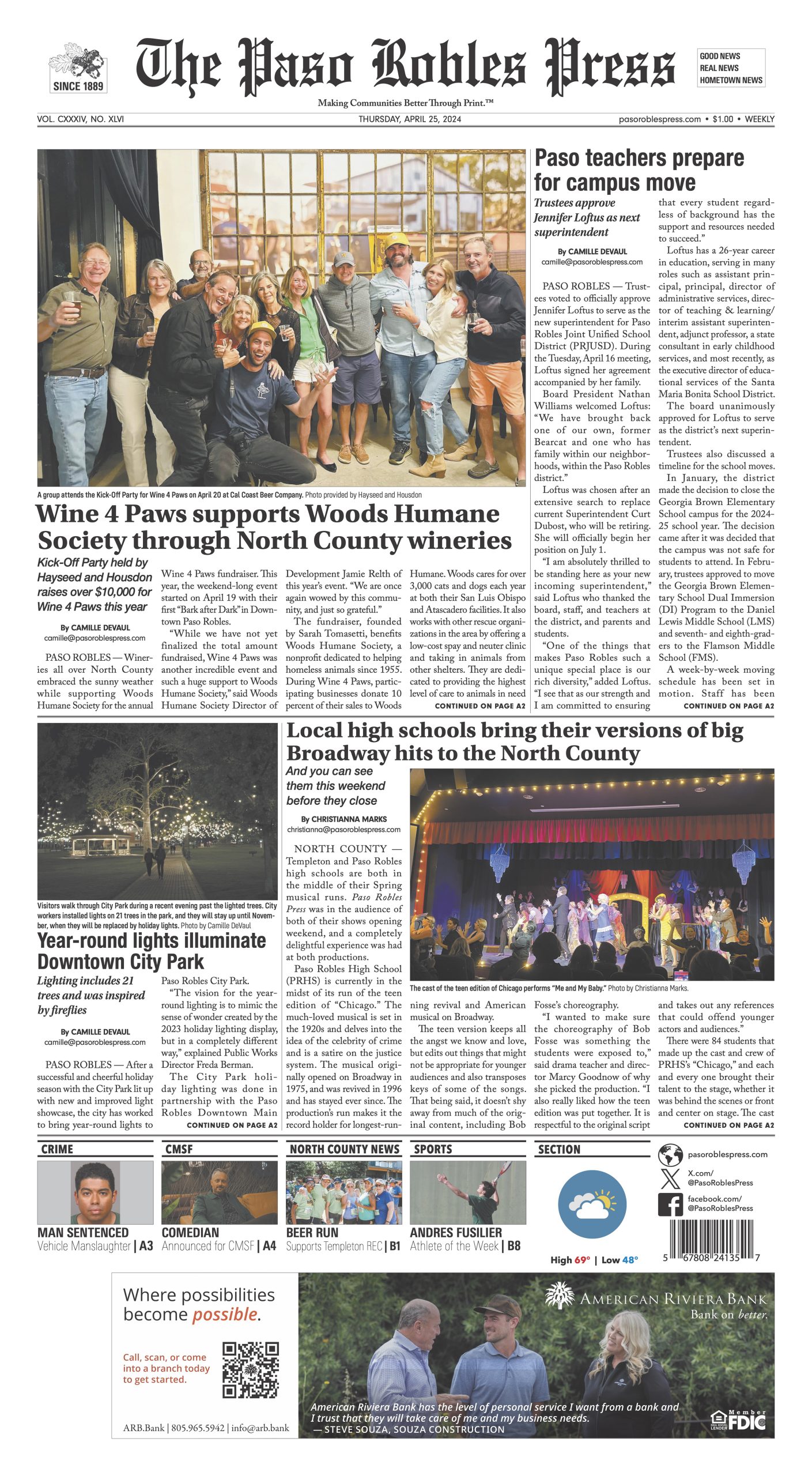Canceled blood drives, school closures, and shelter-at-home orders also contribute to drop in blood donors
Coronavirus responses have severely impacted the U.S. blood supply as Vitalant and other blood centers across the country are struggling to maintain stable inventories. With school closures and workers at home, 25% of Vitalant’s blood collections anticipated in March have disappeared—almost overnight. And that number continues to grow. Through the end of June, Vitalant—the nation’s second largest blood collector—has had over 1,400 blood drives canceled, resulting in nearly 41,000 uncollected blood donations.
Vitalant strongly recommends that healthy donors schedule an appointment for a donation over the coming days and weeks—instead of donating without an appointment right now—to help us better serve donors. Please call 877-25-VITAL (877-258-4825) or visit vitalant.org. Vitalant has nearly 125 donation centers across the country; donors can also give blood at mobile blood drives, which must continue to be organized. Blood donors and mobile blood drives will be needed in the coming weeks and months to ensure a stable blood supply for hospitals.
Many state and local governments have barred people from leaving their homes, except for essential functions, including California Governor Gavin Newsom. But in his latest statement, Newsom specifically said blood banks are in need of donations, emphasizing that it is safe to donate blood.
FEMA has specifically identified blood donation as an “essential and integral component of the emergency support function”as ongoing guidance from government entities recommend that people avoid gatherings, practice social distancing and stay home. But blood drives are not gatherings: they are blood donation operations that are key to our public health and safety. In a March 19 letter to all emergency management agencies, FEMA Administrator Pete Gaynor stressed: “Donating blood is a safe process and people should not hesitate to give. Blood drives have the highest standards of safety and infection control.”
“Just as the social distancing guidance recommends that it’s okay for people to leave home for necessities like groceries, or a doctor’s visit, or the pharmacy—donating blood is a necessity.” – Pete Gaynor, FEMA
The Centers for Disease Control and Prevention (CDC) encourages people who are well to continue to donate blood as it is an essential activity, even amidst COVID-19 response measures. “In healthcare settings all across the United States, donated blood is a lifesaving, essential part of caring for patients,” the CDC declared in a March 19 statement. “CDC is supporting blood centers by providing recommendations that will keep donors and staff safe…and encouraging donors to make donation appointments ahead of time.”
Last week, Dr. Jerome Adams, U.S. Surgeon General, said Americans need to donate blood. “One person giving blood can help up to three people and possibly save a life,” he said. While the CDC has cautioned against non-essential travel and gatherings, Dr. Adams encourages healthy people to visit blood donation sites. “Social distancing does not need to mean social disengagement. You can still go out and give blood. One thing we should all consider, especially our Millennials and Gen Zs, is donating blood…as an essential part of caring for patients….”
“Our blood collection sites are a ‘first response’ action to this outbreak versus a gathering that needs to be avoided,” said Dr. Ralph Vassallo, Vitalant’s chief medical and scientific officer. “If you’re healthy, you’re needed now more than ever. We cannot let it get to the point where there’s no blood available for trauma patients, those undergoing cancer treatment and patients who need regular, ongoing blood transfusions just to survive.”
Sick people should not donate blood; blood centers do not test for COVID-19 or the virus that causes it. Blood centers have always required individuals to be in good health to donate, and the blood collection process follows policies established by the Food and Drug Administration (FDA) to ensure the health and safety of donors and patients. Vitalant staff follow rigorous safety and disinfection protocols at its blood drives and donation centers. Giving blood has no impact on the donor’s immune system.
Currently, all blood types and components are needed, with a critical need for platelets and type O blood donations. Platelets have a very short shelf life—only five days. Type O-negative blood is the universal blood type: ER doctors reach for it first to help stabilize patients before their blood type is known.
Vitalant continues to closely monitor the situation and will quickly implement any necessary changes as new information emerges from the CDC and FDA.

